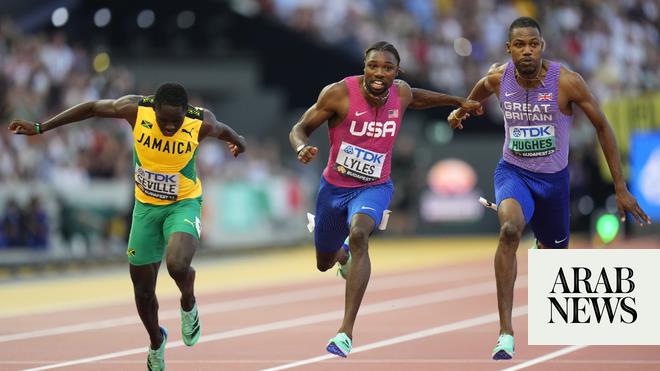
here is a certain alchemy to the creation of a hit quizshow. Since the foundational premise is always the same – punters lining up to answer questions for the chance to win money – producers have to come up with increasingly elaborate ways of engaging audiences. There is Danny Dyer’s monolithic and eternally confusing The Wall, Ben Shephard’s giant penny-slot machine on Tipping Point and Michael McIntyre’s spinning The Wheel.
Yet, these gimmicks do not guarantee a hit. Take, for instance, the prop-free Pointless – a show so witheringly dry that watching it can feel like crunching through a mouthful of crackers – and yet it remains one of the BBC’s quizshow staples, now in its 24th season. The key to Pointless’s success lies not in its contestants, nor even in its seemingly simple premise of guessing the least guessable answer. The key to Pointless’s popularity lies in the interplay of its hosts, Alexander Armstrong and Richard Osman. The former is the RP-speaking straight-man to Osman’s witty factchecker. Viewers stay glued for their chatter; it is a reliable, comforting and consistent presence on the weekday schedules.
Over the course of this year’s continual meander through lockdowns, though, another quizshow has taken its place as the ultimate daytime TV contender. Enter The Chase.
The Chase, which first aired in 2009, pits four contestants against the formidable brain power of an expert quizzer, or Chaser – one of Mark Labbett, Shaun Wallace, Anne Hegerty, Paul Sinha, Jenny Ryan or newcomer Darragh Ennis. It is a simple David-and-Goliath premise, but one that has seen the show become the highest-rated UK daytime TV programme after the news, coronavirus briefings and sports fixtures – a record-breaking 4.9 million viewers tuned in on 19 November.
What is the key to its success? One answer would be its host, Bradley Walsh. At first glance, Walsh may not seem the ideal presenter. He often stumbles over questions, has none of the authoritative heft of Armstrong or Osman, and is prone to corpsing at the slightest innuendo (just look at his reading of the name Fanny Chmelar, his face melting like a waxwork as he struggles to keep the laughter in).
Yet, this is what gives Walsh his inimitable charm. His is the pure, disarming friendliness everyone wishes they could still encounter in a pub. His opening questions – “What do you do for a living?” “What do you do for fun?” “What would you do with the money if you won?” – always seem like genuine inquiries into the contestant’s lives. He is a confidant, a friend, someone who doesn’t seem to know the answers to the questions he asks, despite them being written down in front of him.
Then there is the format of the show itself: a gentle build to an adrenalised, visceral quick-fire finale that has every viewer shouting at the screen as the contestants inevitably flounder at the simplest of questions. They could win upwards of £100,000, but, of course, they never do. Even if the Chasers themselves fluff an answer or two, they nearly always win, with the record for a contestant being the solo player Judith and her freak 2019 bounty of £70,000. Such is the glee of The Chase viewing experience – we all think we could do it better. This is no University Challenge; The Chase is a quizshow experience winnable by every man, every woman and probably every child.
Sitting on our sofas, where we have remained for a worrying proportion of 2020, we spray biscuit crumbs as we shout that the singer of the problematic 2013 hit Blurred Lines is Robin Thicke, not Ralph Thynne, and a deep feeling of schadenfreude sinks to the pit of our stomachs when we realise that we got it right and the person under the studio lights is wrong. Long may this vicious joy continue.
The Chase is on ITV on weekdays at 5pm












